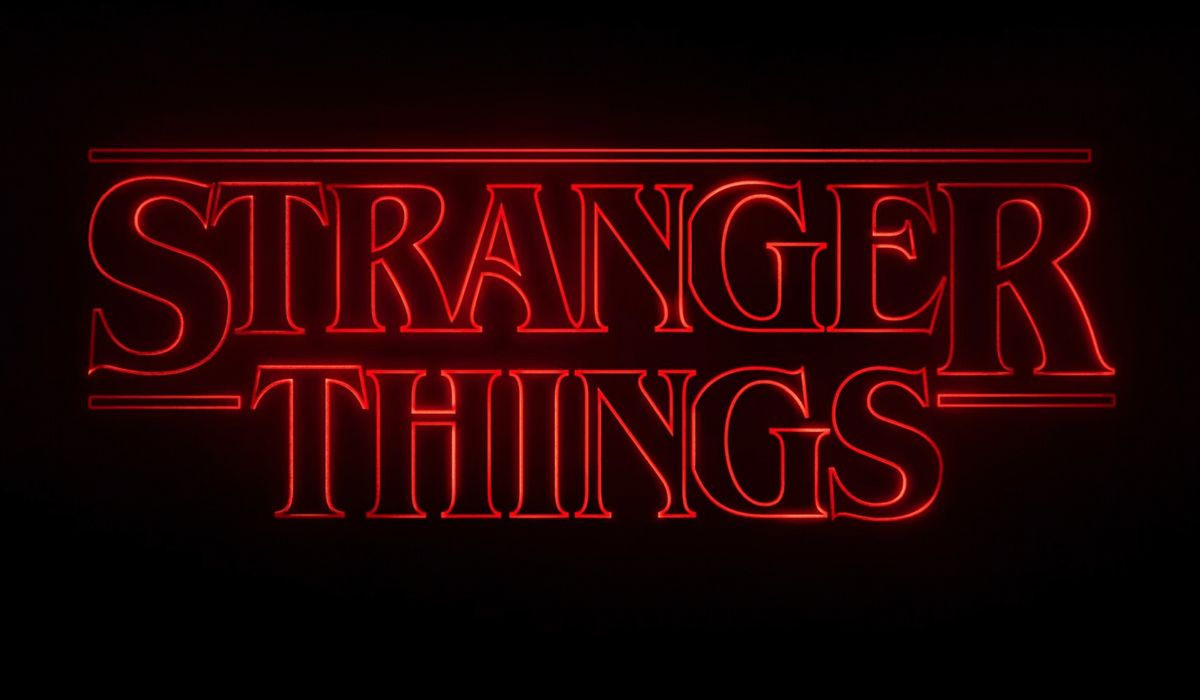
After nearly a decade on the air, “Stranger Things” remains one of Netflix’s most successful series, striking a rare balance between popularity and audience engagement that resonates even with those who haven’t watched it. Its impact on pop culture is undeniable. Since its debut in 2016, the show has expanded in scope, budget, and aspirations. Yet, it’s fair to say that it’s had its share of ups and downs in terms of storytelling. Some seasons were universally loved, while others sparked debate among fans. Nevertheless, each season carries a unique atmosphere. With the final season approaching, the big question is: which one has been the best thus far?
As a devoted fan, I’ve ranked the four seasons of Stranger Things. Some truly delivered on the show’s promises, leaving me in awe. Others, however, served as gentle reminders of the incredible potential that sometimes went untapped.
4) Season 2
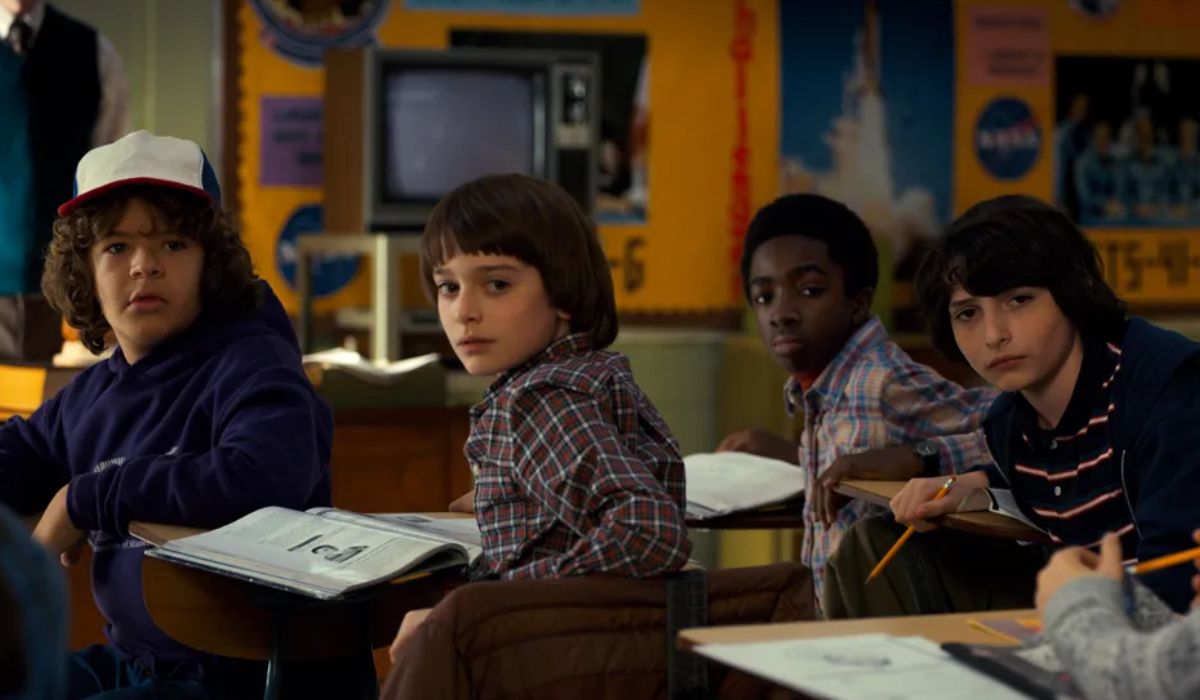
The second series isn’t terrible per se, but it seems to be the one that follows a repetitive pattern the most. While attempting to explore new dimensions, the show stumbled over intricate subplots and a narrative structure that appears somewhat elongated. For instance, the episode featuring Kali/Eight (Linnea Berthelsen), Eleven’s (Millie Bobby Brown) supposed sibling, encapsulates the main issue: an effort to widen the storyline without effectively connecting it to the primary plot. Fans have been eagerly anticipating a return and resolution for this arc, but so far, nothing substantial has happened. Furthermore, the Mind Flayer, the villain of the series, often remains in the shadows, undermining the overall sense of threat. In essence, while Stranger Things has always had great concepts (such as Will (Noah Schnapp) being tormented by the Upside Down), these ideas now seem more like filler than genuine narrative advancements.
Steve (Joe Keery) was the main highlight that prevented season 2 from being a total disappointment among fans. His character truly shone, particularly when he took on the role of the “official babysitter” for the group. This is also when his popular chemistry with Dustin (Gaten Matarazzo) first emerged. However, overall, season 2 is considered the least engaging in terms of tension, emotional resolution, and narrative flow. In fact, it’s the least memorable season for a show known for its unforgettable moments.
3) Season 1
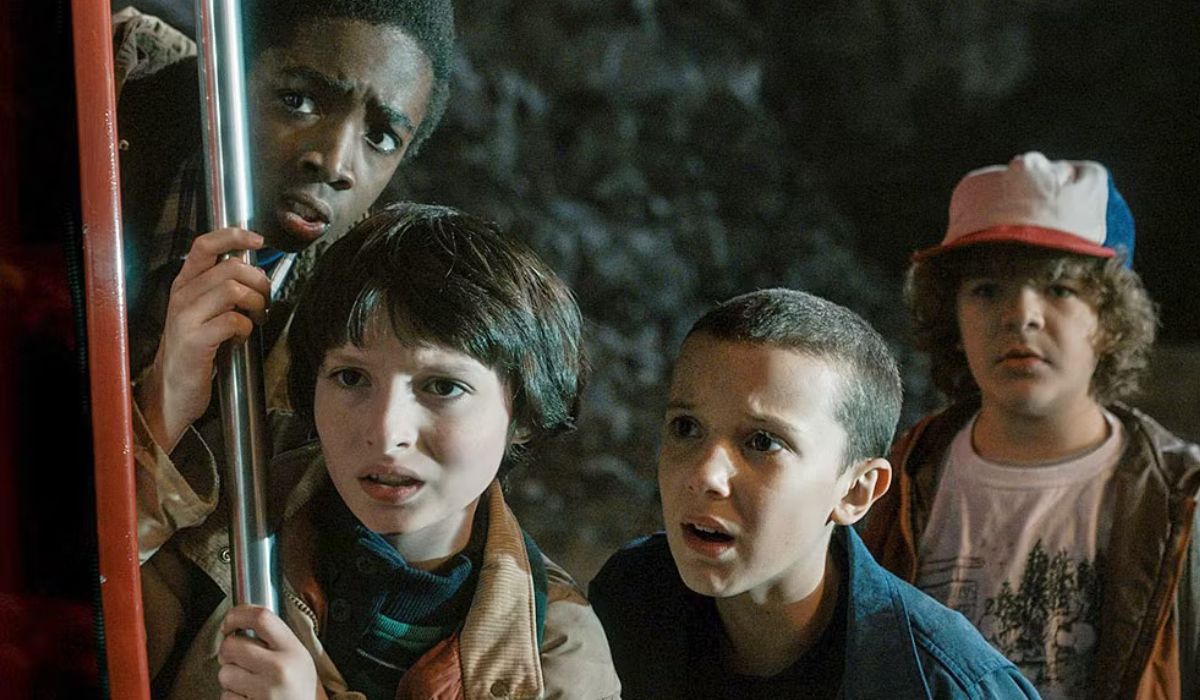
The initial season serves as a strong foundation, effectively introducing characters, the enigma, and notably, the nostalgic ambiance that’s now synonymous with the show. However, upon reflection and considering the more daring seasons that ensued, the first season seems more cautious than groundbreaking. It lays the groundwork effectively but is still exploring the series’ full potential. Eleven’s adventure, Will’s vanishing, and the growing tension are all well executed, yet the danger appears less imposing, and the show hasn’t fully immersed itself in the horror that would later become its signature trait.
The show initially captivates due to its simplicity and well-developed characters that audiences can easily empathize with. The chemistry between Mike, Lucas, and Dustin is genuine because the script avoids overcomplicating their relationships. However, this season doesn’t quite match the later seasons in terms of ambition and impact. Although it maintains a consistent style and presents an intriguing mystery, it lacks some of the spectacular storylines and stunning visuals that made the series popular among fans in subsequent seasons.
2) Season 3
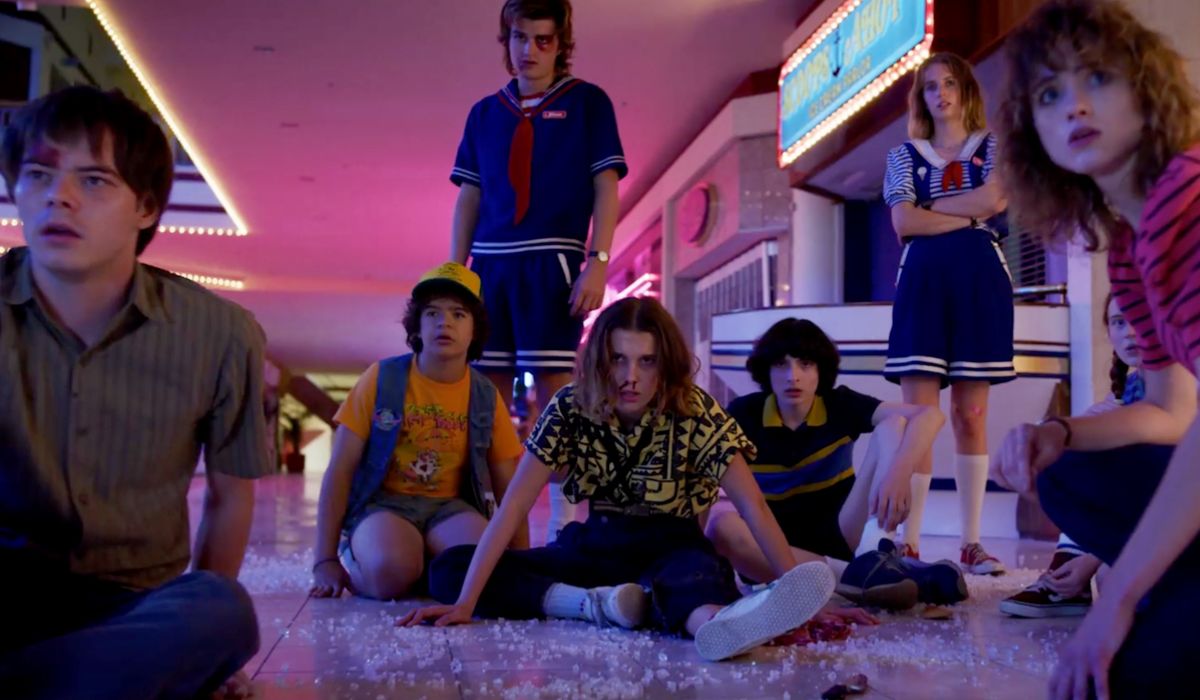
Many viewers didn’t find the third season of “Stranger Things” to their liking due to its increased emphasis on the absurd. However, for the most part, it was well-received. The show captured the essence of the ’80s with its maximum portrayal, featuring a shopping mall as the central location and a B-movie style action ambiance. The tempo quickens, and the series heavily relies on unexpected plot twists to keep viewers hooked. It may not be subtle, but it acknowledges this and leverages the characters’ interactions to maintain interest. The Mind Flayer becomes more prominent, and Billy’s (Dacre Montgomery) character arc is a shocking development, adding complexity to a character that might have been overlooked earlier (and subtly foreshadowing Vecna (Jamie Campbell Bower) through him).
Although it has its flaws, the Russian subplot occasionally veers into the absurd, and the excessive humor at times undermines the suspense established in previous seasons. However, the introduction of Robin (Maya Hawke), Steve’s transformation into a primary source of comic relief, as well as the development of characters such as Erica (Priah Ferguson) and Max (Sadie Sink), indicate that the series is successfully evolving. Although Season 3 may not be the most polished in terms of writing, it certainly delivers a lot of enjoyable moments. And its finale? It’s nothing short of impactful, leaving viewers eager for what’s to come next.
1) Season 4
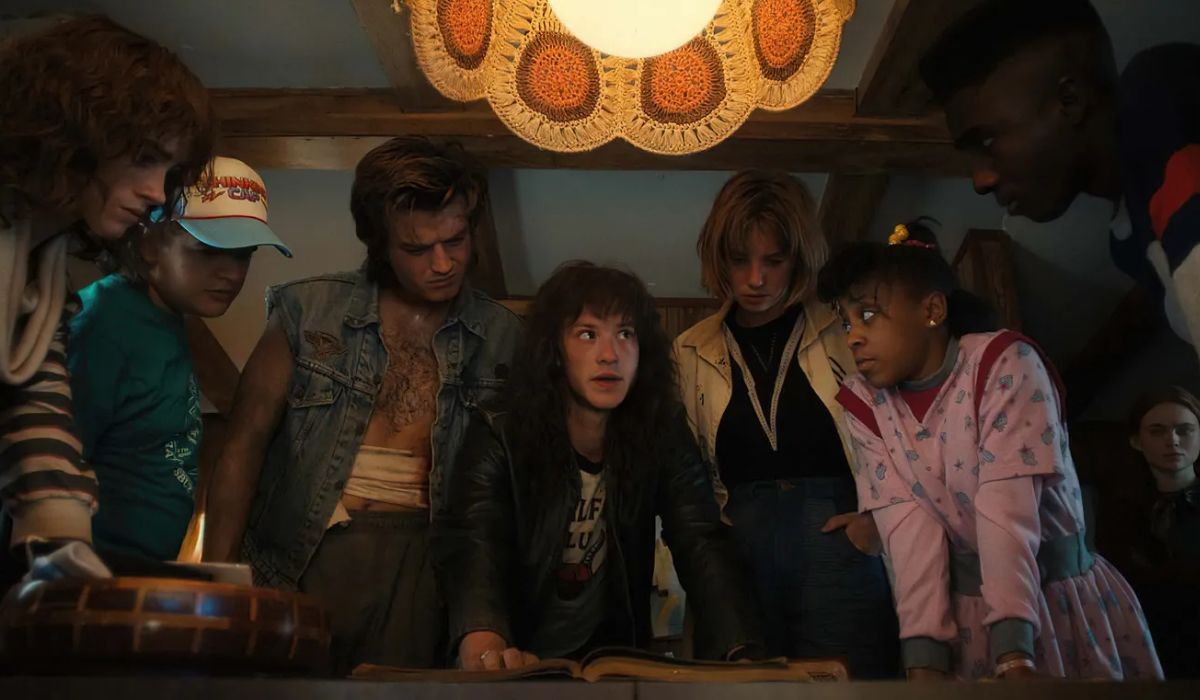
The term that springs to mind when discussing the fourth season of Stranger Things is ambition. It’s not only ambitious but also the most skillfully executed season yet. This time, the series delves deep into psychological horror, with Vecna emerging as the most menacing villain thus far. The tone is intense from the very beginning, marked by Chrissy’s (Grace Van Dien) tragic death. The season adopts a more fragmented narrative style, featuring distinct storylines and extended episodes – an approach that might seem unexpected but effectively holds together. Each storyline carries significant impact, and most episodes are rich with powerful moments that justify the screen time. In summary, this season represents a shift from nostalgia to something more intense and captivating, setting the stage perfectly for season 5.
In this phase, the characters are given more depth. For instance, Max’s storyline is one of the series’ most indelible arcs, and the memorable scene featuring “Running Up That Hill” gained iconic status not just for nostalgia, but also for its narrative prowess. Despite episodes extending beyond an hour, the season manages to maintain its momentum, offering unexpected twists, breathtaking visuals, and a myriad of intricate emotional conflicts. Moreover, Eddie’s (Joseph Quinn) debut is particularly noteworthy. The fourth season was a massive success with viewers, dominated popular culture for weeks on end, and most significantly, recaptured the intensity that set the show apart from the outset. No other season has been as epic and intimate simultaneously.
Read More
- How to Get the Bloodfeather Set in Enshrouded
- Gold Rate Forecast
- Where Winds Meet: How To Defeat Shadow Puppeteer (Boss Guide)
- How to Build a Waterfall in Enshrouded
- 32 Kids Movies From The ’90s I Still Like Despite Being Kind Of Terrible
- These Are the 10 Best Stephen King Movies of All Time
- Meet the cast of Mighty Nein: Every Critical Role character explained
- USD JPY PREDICTION
- Best Controller Settings for ARC Raiders
- Best Werewolf Movies (October 2025)
2025-08-10 15:12